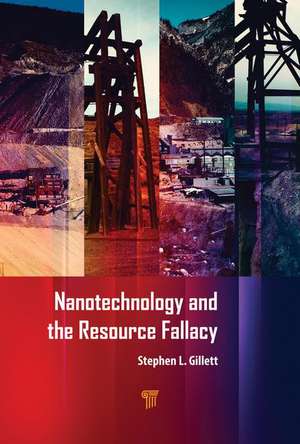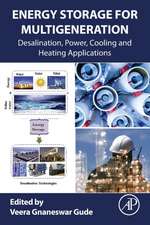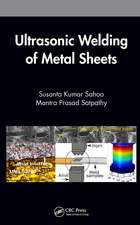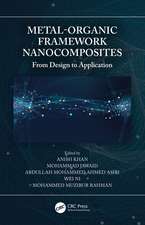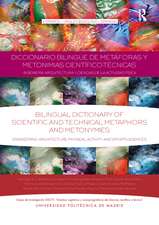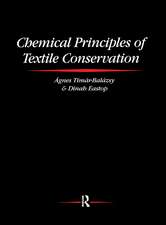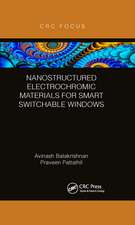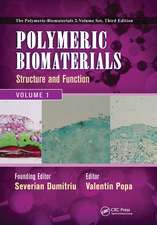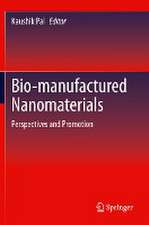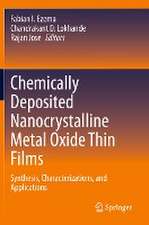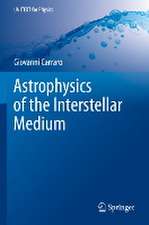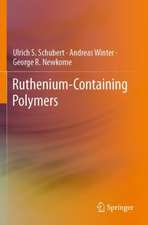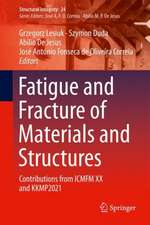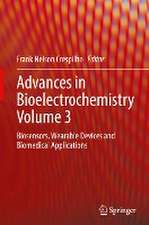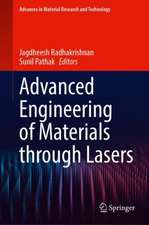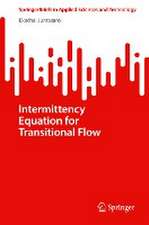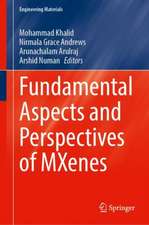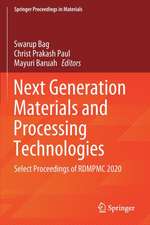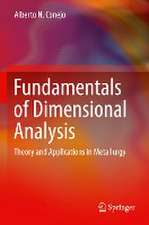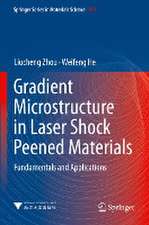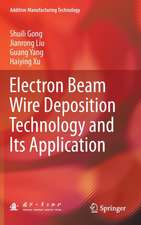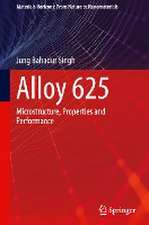Nanotechnology and the Resource Fallacy
Editat de Stephen Gilletten Limba Engleză Hardback – 5 mar 2018
Nanotechnology, the structuring of matter at near-molecular scales, offers the prospect of solving all these problems at a stroke. Non-thermal use of energy, in broad emulation of what organisms do already, will not only lead to more efficient use but make practical diffuse sources such as sunlight. Pollution control and resource extraction become two aspects of the same fundamental problem, the low-energy extraction of particular substances from an arbitrary background of other substances, and this also is in emulation of what biosystems carry out already.
This book sketches out approaches both for the efficient, non-thermal use of energy and the molecular extraction of solutes, primarily from aqueous solution, for purification, pollution control, and resource extraction. Some long-term implications for resource demand are also noted. In particular, defect-free fabrication at the molecular level is ultimately likely to make structural metals obsolete.
Preț: 596.00 lei
Preț vechi: 701.18 lei
-15% Nou
Puncte Express: 894
Preț estimativ în valută:
114.06€ • 118.64$ • 94.16£
114.06€ • 118.64$ • 94.16£
Carte tipărită la comandă
Livrare economică 14-28 aprilie
Preluare comenzi: 021 569.72.76
Specificații
ISBN-13: 9789814303873
ISBN-10: 9814303879
Pagini: 394
Ilustrații: 4 Tables, black and white; 5 Illustrations, color; 18 Illustrations, black and white
Dimensiuni: 152 x 229 x 22 mm
Greutate: 0.76 kg
Ediția:1
Editura: Jenny Stanford Publishing
Colecția Jenny Stanford Publishing
ISBN-10: 9814303879
Pagini: 394
Ilustrații: 4 Tables, black and white; 5 Illustrations, color; 18 Illustrations, black and white
Dimensiuni: 152 x 229 x 22 mm
Greutate: 0.76 kg
Ediția:1
Editura: Jenny Stanford Publishing
Colecția Jenny Stanford Publishing
Public țintă
Academic and Professional Practice & DevelopmentCuprins
The Global Resource Predicament. The Heat Crisis. Matter Matters. Nanotechnology. Nanotechnology and Energy. Mineral Resources, Pollution Control, and Nanotechnology. A View from the Paleotechnical Era.
Notă biografică
Stephen L. Gillett holds an undergraduate degree in geology from the California Institute of Technology and a PhD, also in geology, from the State University of New York at Stony Brook. He specialized in applying paleomagnetism, the study of the record of the Earth’s ancient magnetic field, to geologic problems. This proved to be a good introduction to interdisciplinary study as this field lies at the intersection of geology, geophysics, solid-state physics, and geochemistry. In the 1980s Steve was deeply involved in applying paleomagnetism to industrial problems, particularly in oil exploration. In the early 1990s he became a research professor at the University of Nevada, Reno, where he taught undergraduate classes and continued paleomagnetic research. As he realized the profound implications of nanotechnology for environmental and resource issues, however, he changed his research focus accordingly and worked with an organic chemistry research group at UNR on possible prototype technologies. At present he is back in the private sector and involved with some high-technology start-ups.
Descriere
This book sketches out approaches for both the efficient, non-thermal use of energy and the molecular extraction of solutes, primarily from aqueous solution, for purification, pollution control, and resource extraction. It also notes some long-term implications for resource demand; in particular, defect-free fabrication at the molecular level is ultimately likely to make structural metals obsolete.
